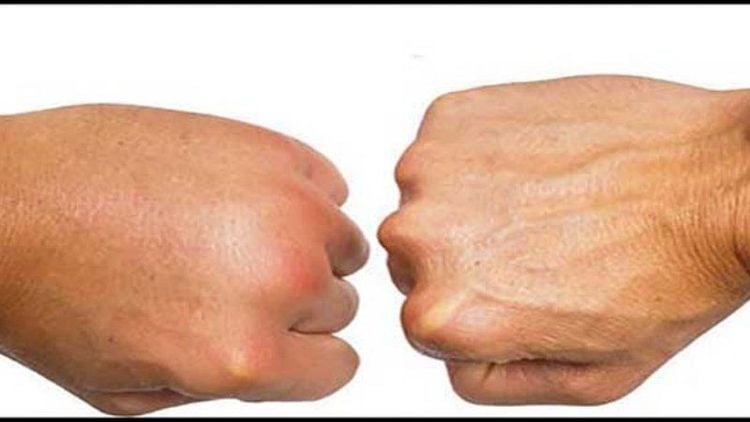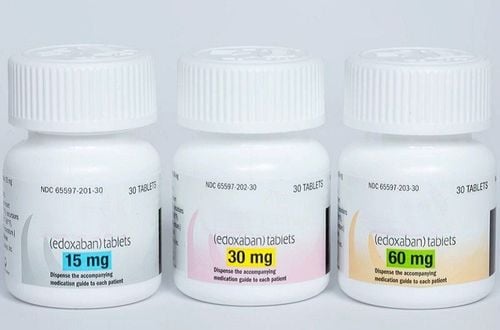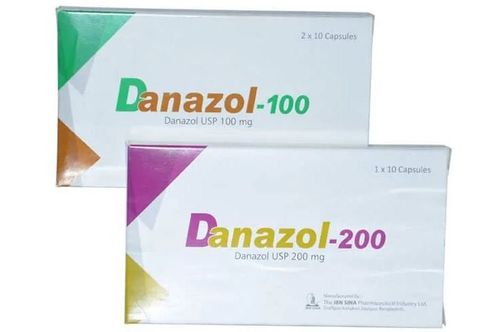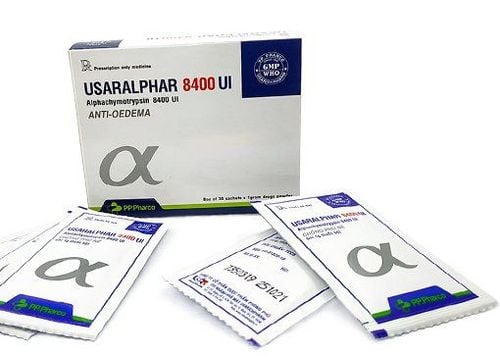This is an automatically translated article.
Water retention occurs when excess fluid builds up in the body. This can cause swelling, which usually occurs in the feet, ankles, and legs. This article helps provide some information about your body's ability to retain water.
1. What will cause the body to retain a lot of water?
You may have read that the human body is about 70% water, and we all know that drinking enough water is very good for our health. But if your body is holding onto excess water or fluid, it can lead to uncomfortable symptoms and could be a sign of an underlying medical condition.
Fluid retention or water retention (edema) occurs when excess fluid builds up in the body. This can cause edema, which usually occurs in the feet, ankles, and legs. You may also notice swelling in your hand - which could mean the ring no longer fits. Other symptoms include weight gain and slight "indentations" in the skin under pressure.
While your mood swings, staying hydrated may not be a serious sign. Causes include inactivity, poor diet, and hormonal changes that often occur before menstruation.
However, sometimes fluid retention can be a sign of a more serious illness, especially if the illness is severe or comes on very suddenly.
2. What else can cause edema symptoms?
Other conditions can sometimes be confused with fluid retention. These include lymphedema and lipid edema. Lymphedema is caused by an abnormal lymphatic drainage system and can run in families. It is also commonly seen in a limb after cancer surgery (where lymph nodes have been removed) or radiation therapy for cancer. Fat edema is an abnormal accumulation of fat cells and mainly affects women. Unlike fluid retention and lymphedema, edema does not lead to an indentation in the skin when you press your finger into the flesh.
Sometimes swelling in the lower extremities can be a complication of varicose veins. These veins can sometimes cause changes in the small blood vessels, leading to inflammation and swelling. If you have varicose veins and begin to swell, it's best to see a specialist to determine the cause.
Another condition that can sometimes be confused with fluid retention is angioedema. In this condition, however, swelling is most likely to occur on the eyelids, around the mouth, genitals, or on the hands and feet. Often this happens because of an autoimmune condition such as lupus, or an allergic reaction, but in many cases no cause is found.
Finally, lower leg edema can be a symptom of deep vein thrombosis (DVT). Risk factors for DVT include prolonged immobilization, pregnancy, cancer, or heart failure. If localized swelling in an area is accompanied by pain and tenderness, or your calf becomes red and feels warmer than usual, it's important to see your doctor or seek medical advice.

Một tình trạng khác đôi khi có thể bị nhầm lẫn với tình trạng giữ nước là phù mạch
3. So what is causing my water retention?
If you are suffering from water retention, there could be a number of factors at play.
3.1. Diet
One of the main causes of water retention is a poor diet - both excess sodium and excess sugar can lead to water retention. Eating too much salt can cause water retention because your body needs to retain water to dilute it.
3.2. Excess insulin
Also, water retention can be caused by excess insulin in the system, which can cause salt and water to build up in the kidneys. This can be a sign of type 2 diabetes, but can also be caused by a poor diet.
Eating too much sugar or refined carbohydrates can lead to an excess of insulin in the system, but it is important to consider the length of time we consume our food.
Many people consume food and snacks for longer than 12 hours in 24 hours, which could mean your system is releasing insulin almost all of the time. You should keep eating for at least a 12-hour window to give your system a break.
3.3. Lack of exercise
A sedentary lifestyle may also play a part. When we move, the muscles in the legs pump fluid back to the heart; and if that doesn't happen it could be a contributing factor. Just doing some gentle exercise can be effective in reducing fluid buildup in some areas.
3.4. Overweight
Excessive weight can also cause water retention. Being overweight can affect your circulation, as excess body fat can put pressure on your veins.

Cân nặng quá mức cũng có thể gây ra hiện tượng giữ nước
3.5. Pregnancy
Pregnancy can also lead to symptoms of water retention, especially in the feet and ankles. Usually, this swelling comes on gradually and is a normal side effect of pregnancy, as the body relaxes to accommodate the baby.
However, if the swelling is rapid, accompanied by a headache or vomiting, or you are not feeling well, see your doctor as this could be a sign of preeclampsia.
3.6. Medicine
Water retention in the body can also be caused by certain drugs, namely:
Medicines used to lower blood pressure . Pioglitazone is used to treat type 2 diabetes. If you're concerned, check the side effects listed on any medications you take and talk to your doctor about options.
3.7. Basic medical problems
Water retention can be caused by heart problems, including heart failure, which is common in middle-aged and older people. Rarely, fluid retention can be a sign of liver or kidney problems.
4. When to see a doctor?
If fluid retention occurs suddenly, or if you have swelling on one side, or you have other symptoms that concern you, it is important to see a GP, especially if you are over 40 years of age. or are pregnant.
However, if you are a little younger and are not particularly worried about your health, but know that your lifestyle is not ideal, then you should consider other factors first.
Reducing salt and sugar intake and increasing exercise will also help minimize the problem.
Please dial HOTLINE for more information or register for an appointment HERE. Download MyVinmec app to make appointments faster and to manage your bookings easily.
References: healthline.com, webmd.com













